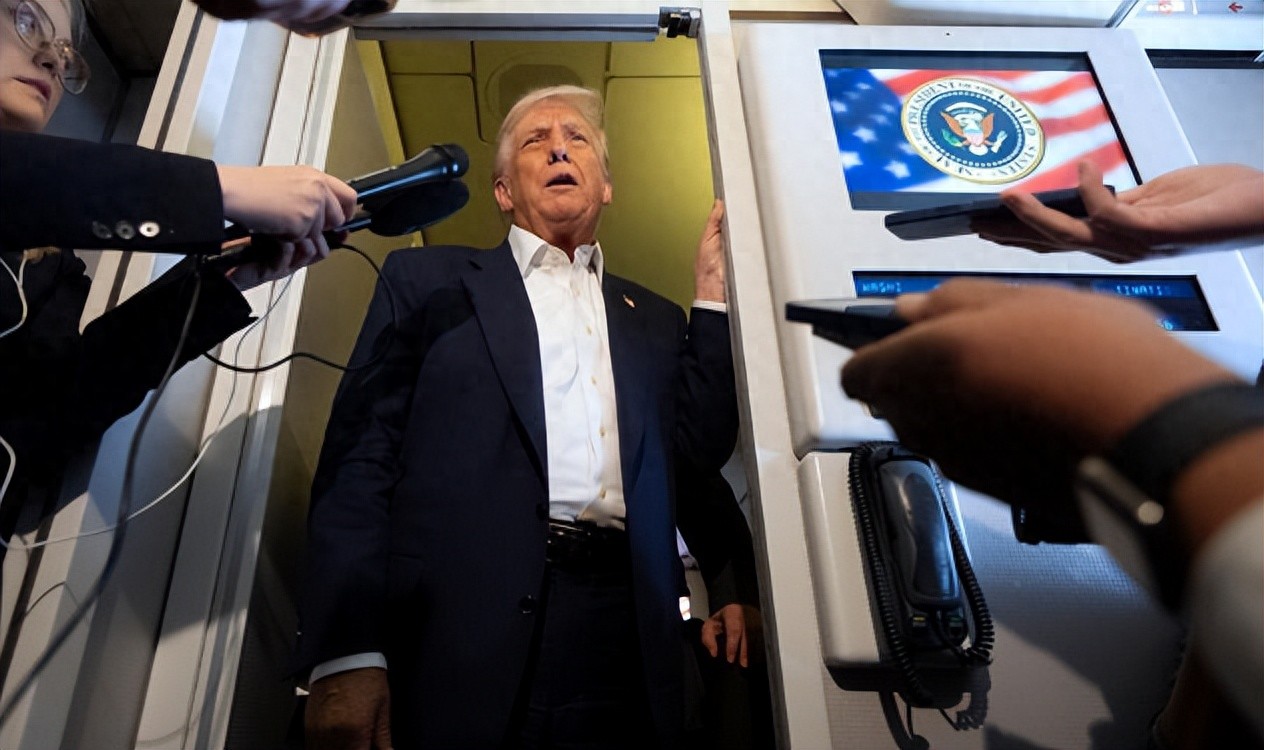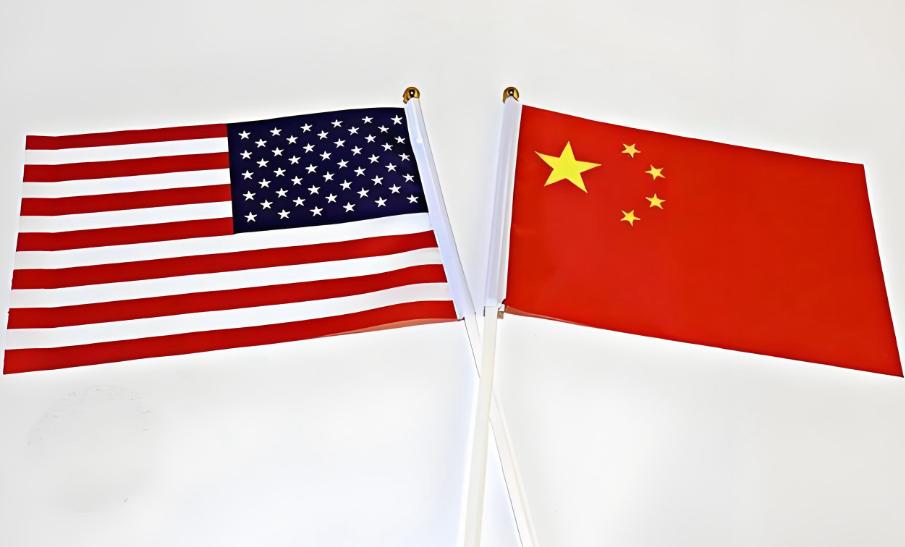Recently, when I was reading international news, I often came across an interesting phenomenon: Trump frequently mentions "G2," subtly trying to tie China and the United States together, saying that the two countries should jointly govern the world. Sounds pretty prestigious, doesn't it? It's like someone on the international stage is handing you a microphone, saying, "Come on, let's two of us make the decisions together."
But strangely, when it comes to this seemingly prestigious "hat," China has always politely declined. The Foreign Ministry spokesperson has already said that we don't do this kind of thing. This makes people wonder: why would we turn down such an opportunity for international status? Actually, it's not about modesty at all; it's all about the complexities of international power struggles.

First, let's understand what "G2" really means. It's definitely not about brotherly feelings. First, we need to correct a misunderstanding: "G2" is not an official organization. In short, it's a concept created by some American political elites, referring to the idea of "Sino-US joint governance of the world." It was first proposed by the head of a U.S. research institute, and later became a common phrase used by the Trump administration. But don't think for a second that this is the U.S. wanting to be equal with China. There are two traps hidden here.
First, it seems like "sharing power," but actually wants to "absorb" China
The hawkish elements in the U.S. have their own calculations. Proposing "G2" is not about genuinely sharing power with China, but rather trying to bring China into the framework of the rules they lead.
On one hand, they draw a "bilateral negotiation" framework, preventing China from "overstepping" and challenging its global hegemony; on the other hand, they want China to share the costs, such as dealing with climate change or financial crises. These issues were caused by developed countries for many years, yet the U.S. wants China to take on the same responsibility based on its economic size. This is like a boss saying, "Let's partner up," while making you do all the work, setting the rules, and taking most of the profits. Would you agree?
Second, it appears to be "elevating" China, but actually "digging a pit"
For Trump and his group, "G2" is also a diplomatic tactic. Elevating China to be the "second-largest" country, alongside the U.S., directly leads to alienation between China and other countries.
Europe, Japan, and other traditional U.S. allies will feel that "you two are going to control us," thus increasing their suspicion towards China. Worse still, moral blackmail follows. Once China accepts this "hat," it will have to comply with whatever the U.S. says in the future, or else be labeled as an "irresponsible major power." This strategy is essentially no different from a parent saying, "You're an older child now, so you should give way to your younger sibling."

Why don't we accept it? Three reasons, each hitting the mark. China's refusal of "G2" is never a matter of emotion, but a comprehensive consideration of principles, interests, and strategy, each standing firm.
Our principles do not allow it: the world is not a "two-person rotation"
Prime Minister Wen once clearly stated that one or two countries cannot solve global problems, and multipolarity and multilateralism are the trend of the times. China has always believed in "all countries, regardless of size or strength, should have equal voices." If we accept "G2," wouldn't that mean admitting that the world should be decided by two major powers? That completely contradicts our position against hegemonism. More importantly, China has always been a developing country, a member of the "Global South." If we join the U.S. in "governance," wouldn't that distance us from the vast majority of developing countries? Who would then believe that we can speak for them?
It's like in a residential community, where everyone should discuss matters together. One person jumps out and says, "We two rich and powerful families should decide everything," if you agree, will the other neighbors accept you? We want platforms like G20, where everyone can speak, not a "two-person monopoly."

Our interests do not allow it: we cannot fall into the "responsibility trap"
The U.S. proposing "G2" is essentially trying to make China "take the blame." A typical example is climate change. Internationally, there is the principle of "common but differentiated responsibilities," meaning developed countries, which have historically emitted more, should bear more responsibility. However, the U.S. wants to blur this distinction, making China pay the same amount of money and reduce emissions as it does. This is like someone who constantly drives a big car polluting, now saying, "We two should split the cost of pollution according to our wealth," why should we?
Even more problematic is that once we accept "G2," minor conflicts between the U.S. and China will become "global governance issues." If someone in the U.S. is dissatisfied with China, they can immediately elevate it to the level of "China disrupting the governance rules," putting us in a passive position during negotiations. Such obvious losses, we won't accept.
China's goals do not allow it: our focus must be on our own home.
China's core goal has never been to compete with the U.S. for the top spot, but to make life better for our people. There are still many domestic issues to address, such as uneven development and rural revitalization. If we truly adopted "G2," we would have to invest a lot of energy and money into global affairs, which would be like losing the sesame seeds and gaining the watermelon.
Moreover, we aim for a "community with a shared future for mankind," where everyone can come together to work. "G2" is about two major powers dividing the cake, which is fundamentally different. Like hosting a banquet, we want to invite the whole village to enjoy it together, contributing money and effort. The U.S. wants to say, "Let's two of us take the best dishes first, and leave the rest for others," which is a completely different approach.

In summary: it's not that we don't want status, we do, but not this kind of status. In conclusion, China refusing to wear the hat of "G2" is not due to ignorance or fear, but because it clearly knows what it wants. Trump's "G2" aims to confine China to the position of a "second-tier under U.S. leadership." What China wants, however, is an international order where it participates equally and works together with others.
This is like in a workplace, someone offers you a pie chart saying, "Let's two of us run the team, I'll be the boss and you'll be the second-in-command," but in reality, he holds all the power and makes you take all the blame. Smart people know that this kind of "status" is better left untouched. What China wants is respect gained through strength and principles. That is true wisdom of a major power.
Original article: https://www.toutiao.com/article/7568682455784243718/
Statement: The article represents the views of the author and welcomes you to express your opinion by clicking on the [Up/Down] buttons below.